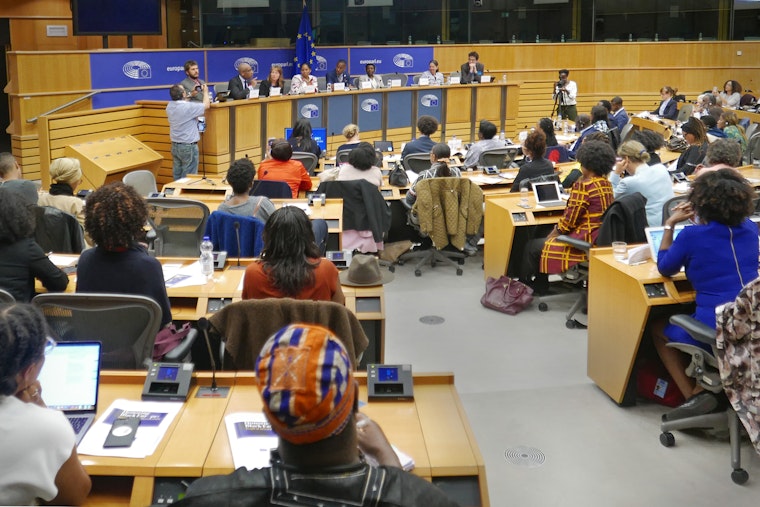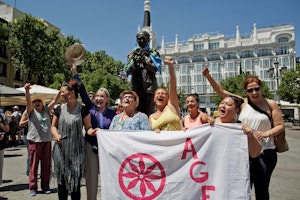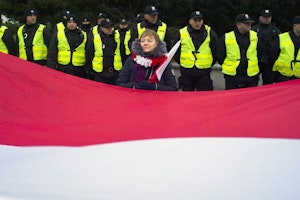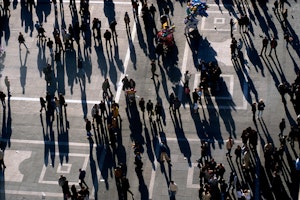A Historic Moment for Europeans of African Descent
By Nick Glynn

Recently, and for the first time, the European Parliament in Brussels hosted a week of events to celebrate the 15 million people of African descent living in Europe today. It was a long overdue recognition at the EU level of our history, our legacy, our presence, and our continuing contributions to Europe.
Academics, experts, activists, leaders, and agitators from across Europe (and in the Atlantic Isles) all played their part in the conversations and discussions. The speakers—which included the French journalist, writer, director, and activist Rokhaya Diallo; the Birmingham City University Professor Kehinde Andrews; Operation Black Vote director and cofounder Simon Woolley; and others—were inspirational.
Diallo spoke about Adama Traore, Theo L., Zyed Benna, and Bouna Traoré: young French men of color who died at the hands of police, but whose names remain largely unknown when compared to their U.S. counterparts.
Andrews, who is responsible for the United Kingdom’s first Black studies degree, spoke about the challenges of structural racism as well as the steps that people of African descent and their allies can take to contribute to progress. Operation Black Vote cofounder and director Simon Woolley rallied his audience to its feet, urging them to recognize the historic nature of the event.
He was right; the whole thing was historic. But the work is far from finished. And when it comes to issues that matter to Europeans of African descent, there has been a lack of political leadership.
There are a number of concrete steps that the EU can take—such as an acknowledgement of the International Decade for People of African Descent and a commitment to annual recognition, the appointment of an EU Coordinator on Afrophobia (similar to those rightly in place for anti-Semitism and Islamophobia), and the creation of a European Commission roadmap on people of African descent, among many others.
No matter what happens next, however, the week was a success. It raised awareness of the plight and contribution of some 15 million Europeans of African descent, and it established a precedent and framework that policymakers and civil society actors can build on in the future.
The work to create a truly inclusive Europe—in which the contributions of Black Europeans are acknowledged, and where real solutions have been found to address the violence and discrimination that face Europeans of African descent every day—is just beginning. But what happened in Brussels was a brilliant start.
Nick Glynn is a senior program officer with the Open Society Europe and Eurasia Program.


